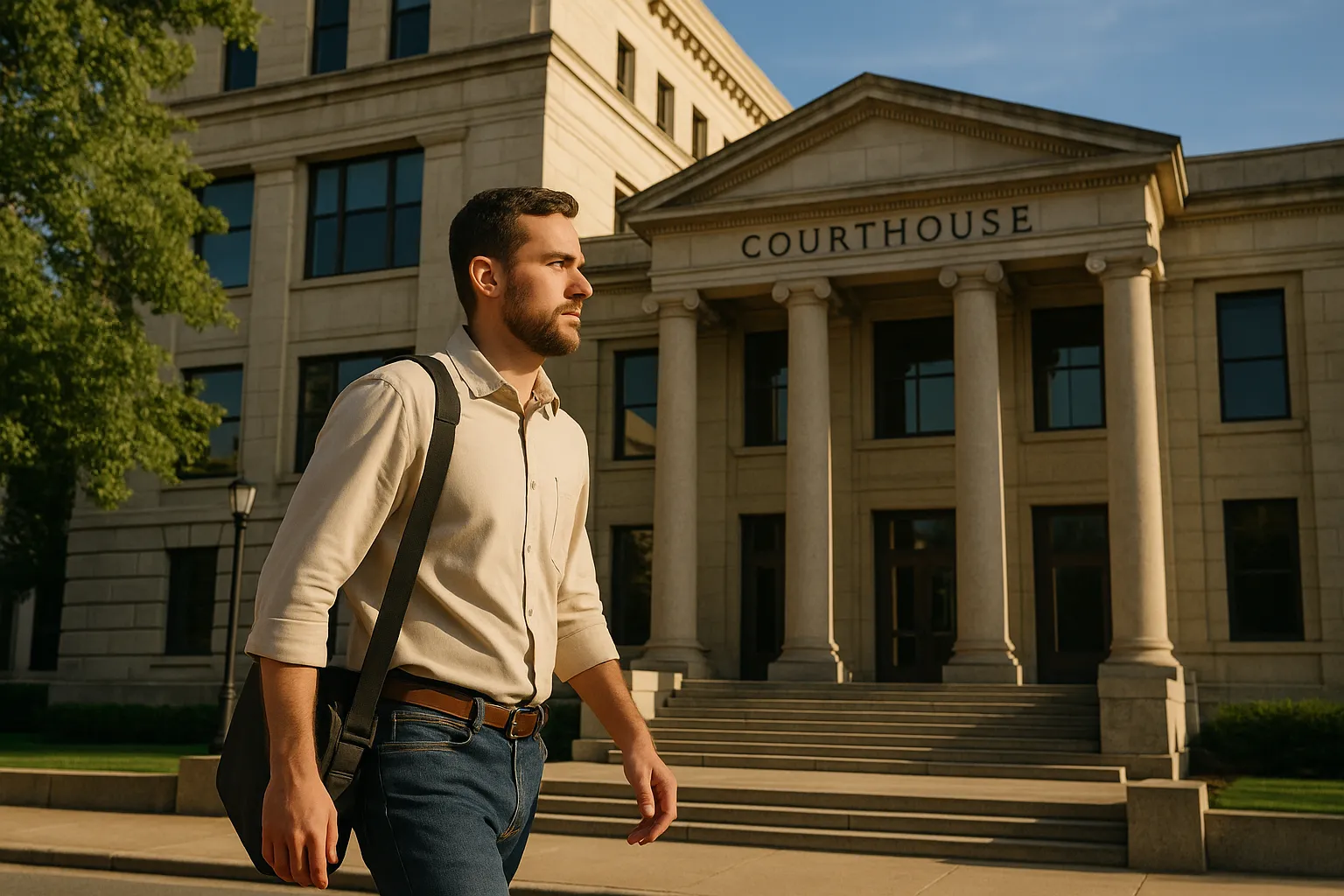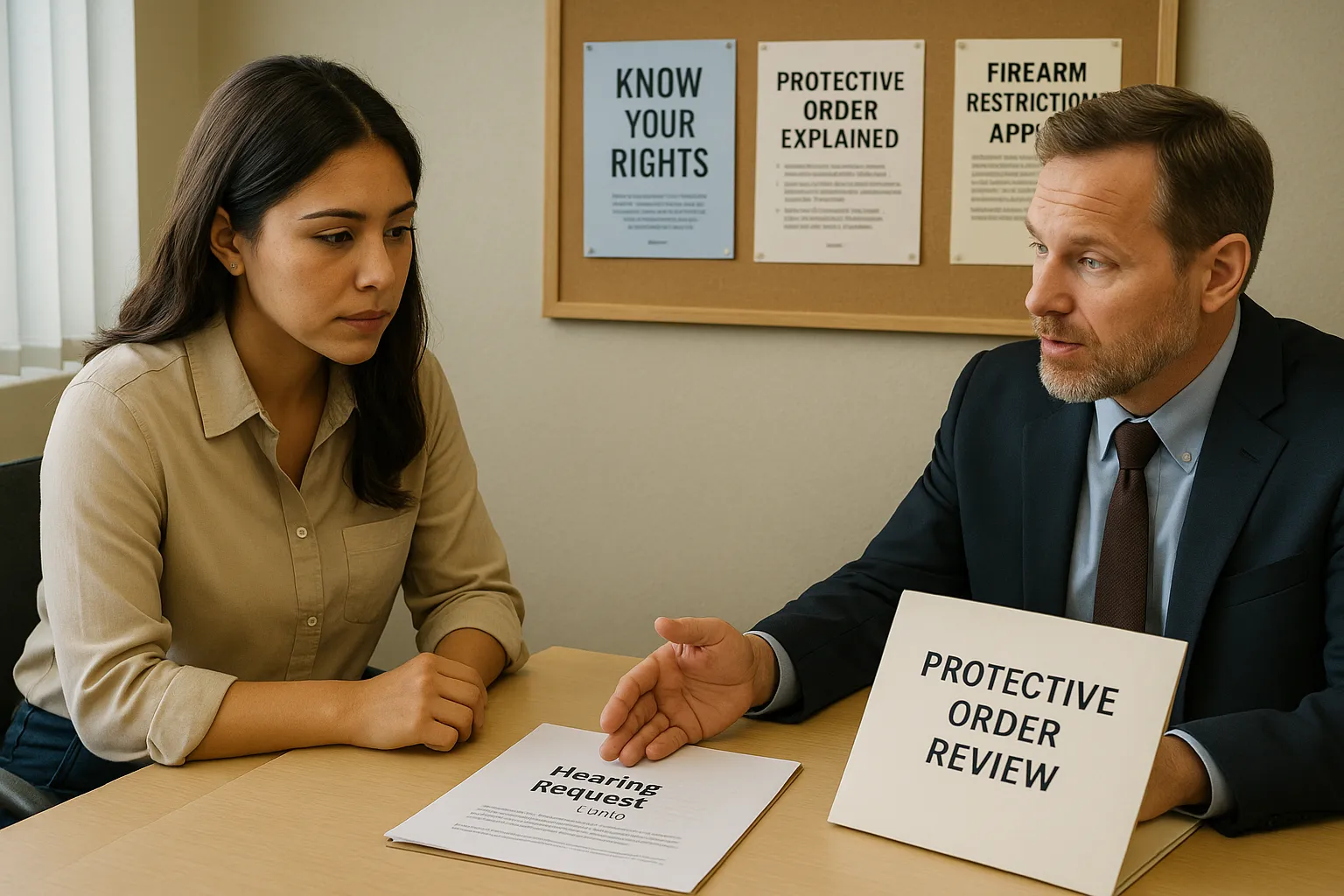

Assault

What Is Assault Under Texas Law? A Comprehensive Legal Guide
Assault is one of the most commonly charged crimes in Texas—and one of the most misunderstood. Whether you're facing a Class C misdemeanor or a first-degree felony, understanding what counts as assault, how it's classified, and what the legal process entails can make all the difference in defending your rights.
This guide explains the core concepts of assault law in Texas, with specific applications across Harris, Fort Bend, Galveston, and Brazoria Counties. (See "What Is Assault Under Texas Law?")
What Is Assault in Texas?
Under Texas Penal Code § 22.01, a person commits assault if they:
- Intentionally, knowingly, or recklessly cause bodily injury to another;
- Intentionally or knowingly threaten another with imminent bodily injury; or
- Intentionally or knowingly cause physical contact with another when the person knows or should reasonably believe the other will regard the contact as offensive or provocative.
Even a shove or verbal threat can qualify as assault under Texas law.
(See "Types of Assault Charges in Texas")
Assault Classifications in Texas
Texas law distinguishes between multiple levels of assault based on the nature of the act and the relationship between the parties:
- Class C Misdemeanor: Offensive contact or threats without physical injury
- Class A Misdemeanor: Causing bodily injury to another
- Third-Degree Felony: Assault against a public servant, security officer, or family member with prior history
- Second-Degree Felony: Aggravated assault involving serious bodily injury or use of a deadly weapon
- First-Degree Felony: Aggravated assault against a public official or involving domestic violence with a weapon
Assault charges can be enhanced due to factors like prior offenses, the victim’s status, or use of a weapon.
(See "Assault Sentencing and Penalties in Texas")
Investigation and Prosecution of Assault Cases in Texas
Law enforcement agencies investigate assault allegations by:
- Interviewing witnesses
- Collecting physical evidence
- Reviewing medical records
- Taking photographs
- Examining 911 calls and surveillance footage
Prosecutors consider whether there is probable cause and often consult with victims before proceeding. However, the State can continue prosecution even if the victim wishes to drop charges.
(See "How Assault Cases Are Investigated and Prosecuted in Texas")
Legal Defenses to Assault Charges in Texas
Common legal defenses include:
- Self-Defense
- Defense of Others
- Lack of Intent
- False Accusation
- No Bodily Injury Occurred
- Mutual Combat
A qualified defense attorney can challenge the credibility of witnesses, the sufficiency of evidence, or procedural violations by law enforcement.
(See "Legal Defenses to Assault Charges in Texas")
Protective Orders in Assault Cases
Protective orders may be issued in assault cases, especially if family violence is involved. These include:
- Temporary Ex Parte Orders: Short-term restrictions issued without the respondent present
- Final Protective Orders: Long-term orders issued after a hearing
Violating a protective order is a criminal offense and may result in additional charges.
(See "Protective Orders in Assault Cases")
Hiring an Assault Defense Attorney in Texas
Choosing the right defense lawyer can affect every part of your case. When hiring an attorney:
- Look for someone with local experience in Harris, Fort Bend, Galveston, or Brazoria County
- Verify their knowledge of assault law and courtroom strategy
- Ask about communication style and defense approach
The earlier you engage counsel, the better your odds of resolving the matter favorably.
(See "Hiring an Assault Defense Attorney in Texas")
Life After an Assault Charge in Texas
A criminal charge is not the end of the road. Post-case steps can include:
- Expungement or Nondisclosure (if eligible)
- Reinstatement of rights
- Counseling or anger management programs
- Employment support and housing access
An attorney can guide you through post-conviction remedies and help restore your reputation and rights.
(See "Life After an Assault Charge in Texas")
Protect Your Rights with Walker Law Office
Assault charges in Texas carry serious legal and personal consequences, but you are not without options. Mekisha Walker brings deep prosecutorial and defense experience to your side, helping you understand the charges, build a defense, and protect your future.
Call Walker Law Office at (713) 228-2611 today to discuss your assault case and take the first step toward legal clarity and confidence.

Wondering what legally qualifies as assault in Texas? This in-depth guide breaks down the statutory definitions, classifications, and court procedures — from Class C citations to aggravated felonies — and explains why legal counsel is critical at every stage.
Read More...
Texas law includes a wide spectrum of assault charges — from minor verbal threats to violent felony-level offenses. This post breaks down every major assault classification, including public servant assaults, aggravated assaults, and domestic violence cases. Learn what each charge means and why you need an attorney near you.
Read More...
Assault sentencing in Texas depends on the charge — from Class C misdemeanors to first-degree felonies. This beginner’s guide walks you through the penalties, from fines to prison time, probation, and parole, with real-world examples and local insights.
Read More...
Assault cases in Texas are investigated with urgency and prosecuted with precision, especially in counties like Harris, Galveston, and Fort Bend. Learn how evidence, interviews, and courtroom dynamics shape the outcome of these high-stakes cases.
Read More...
Texas law allows several powerful defenses to assault charges — including self-defense, lack of intent, mistaken identity, and constitutional violations. This post outlines the most common legal strategies used by attorneys near you to fight assault allegations and protect your record.
Read More...
Facing assault charges in Texas? This beginner’s guide walks you through hiring the right criminal defense attorney near you in Harris, Fort Bend, Galveston, or Brazoria County—step by step.
Read More...
Life doesn’t end with an assault charge—but it does change. This guide explores how to seal your record, restore your rights, and reclaim your life in Texas with help from a lawyer near you.
Read More...
Protective orders in Texas assault cases serve as court-enforced restrictions that can significantly impact the accused’s freedom, family access, and firearm rights. Learn what these orders mean and how to respond effectively.
Read More...

